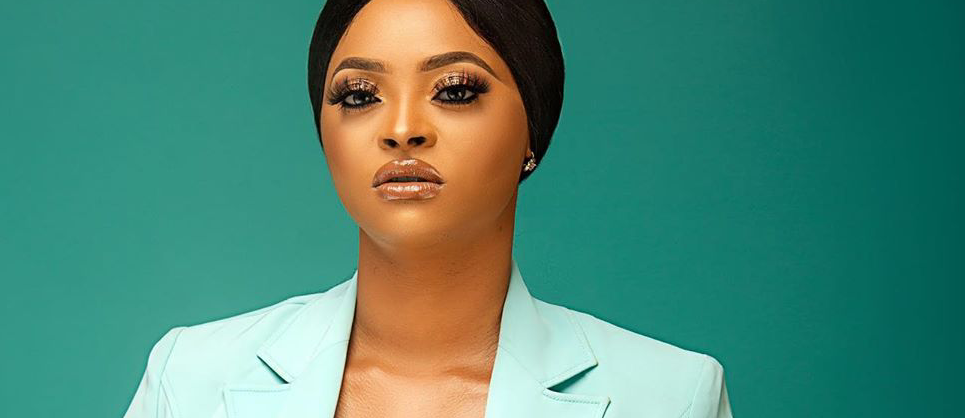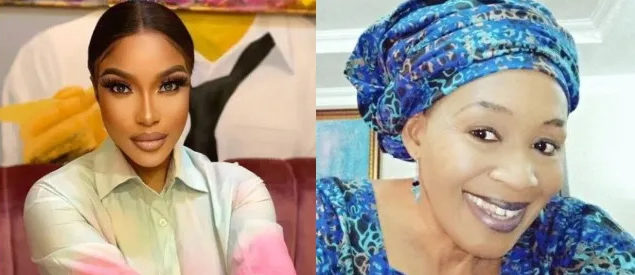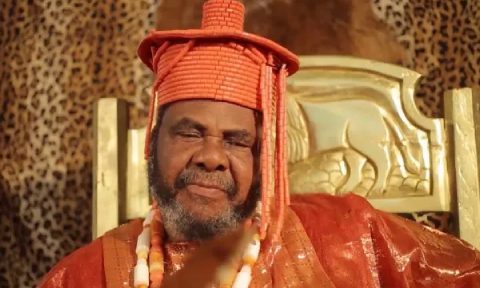
Fidelis Duker is one of the pioneers of Nollywood. He is also the creator and manager of the Abuja International Film Festival which he said he started with a “token”. Today, Duker who has attended many international film festivals and is no doubt an authority in Nollywood, has breathed life into the sleepy Directors Guild of Nigeria (DGN). He discovered Nollywood stars like Bukky Wright, Uche Jombo, the late Funmi Martins, among others.
Just back from the Cannes Film Festival in France, Duker spoke with Hazeez Balogun on a wide range of issues and debunked the story making the rounds that he is speaking ill of the popular movie, Jenifa.
Can you share your experience from Cannes Film Festival in France?
The only lesson I learnt from the film festival is that I can position myself for bigger things, that is why we had to enter the short version of Senseless. Just to tell the story in a short fashion of the whole thing. So many things we have done in the film that many people even in Nigerian says they are impressed. People always hear about Nigeria, Nollywood but this film is not always getting to Nigeria market, it is either pirated or it did not get to the Nigerian market. But for me the most important thing I gained from the whole experience was that he gave me an inside thing is that the Nollywood is well sought after, because it is accepted globally, and when you say globally is means it is widely accepted, and film itself is a global language. Even if you do a Yoruba film, or an Igbo or Hausa film, a man from Australia or from Japan who has never been to Africa must be able to understand what message you are passing to people.
Maybe in the next Cannes again, I am going to do a very elaborate one and not the short ones like this. But personally to me it was a launch back to Nigerian, launch back because it gave Nigerian a sense of belonging, because if you look at the hand brochure the film was stated there and that was the only entry from Nigeria. That alone gives me a sense of accomplishment, that at least Nigeria and Nollywood was represented at Cannes, and I was the one who did that for the country. Also, Senseless we went to showcase in Cannes has been invited to Strasbourg film festival also in France come July. You see that tells you that Nigeria film can go a long way even given the chance.
You are also a director of Nigeria most popular film festival, Abuja International Film Festival, as a producer what lesson did you learn from the Cannes film Festival that you want to add to Abuja Film Festival?
Though the Abuja International Film Festival is months away, that is in September, but what I want to do now in the next three or four weeks is to run a mini work shop with the media and film maker on how to enter into a film festival, not only for Abuja Film Festival but for other film festivals. Don’t forget Nigeria have other film festivals like, Zuma Film Festival, Enugu Film Festival Lagos Film Festival, BOBTV. We also have Gospel Film Festival currently going on in Ibadan. So if we have all these Film Festivals coming up next year in Nigeria then you know there is hope in this industry. It also means we can be able to sit down and plan and even plan for Cannes next year.
The fundamental problem we have in Film Festivasl in Nigeria is lacked of funding. This festival are still very young, we just started the oldest of the festival six years ago. So if you look at it that way, you will begin to understand that there is a fundamental challenge for Nigeria Film Festivals in the sense that if government does not come into this business now, if the distribution network angle is not visible, there should be other area that can be used to attract foreign investors. For instance for Abuja Film Festival, or Lagos Film Festival or Enugu Film Festival government can ask how many foreign delegates are you expecting?, if government says ‘we will fund and bring them to Nigeria for you’, that way you are beginning to bring people to the country then when you bring them the interest begins to generate.
But have you ever gone to government for support before?
We have gone to government now but government keep given us peanuts. They keep saying that part of the budget of the federal government to the film cooperation to the censor’s board that film festival is not part of it. We might not blame them, but over the years they have also been able to know that Film Festivals has come to stay. I will give you instances. Abuja film festival is six years old, that means we have been running it for six years now without government. That means if you are doing your budget for 2009 you should be able to put our plan for the year and this is a platform where government can really harness the tourism potential of the country. I know how much Cannes made this year because people that came there we are not less than two hundred thousands people, and the place is just a small place like Yaba. So you can now imagine if you have a festival in Abuja, or Enugu or Lagos what it will look like. Even with the meltdown the place was full, you can not walk on your own the whole place was filled. So many people made money in Cannes Film Festival, it is not all about watching films. Cannes was founded by 2 brothers, but now they are no more yet the festival still goes on even stronger, and it has even been overtaken by the government. So I think government should begin to support the festival very well, not lip service support. Not with the peanut amount that is not even up to one thousands dollars. When in Cannes Film Festival you will buy a stand with two thousands dollars.
Recently UNESCO rated Nigeria Nollywood as the second best in the world. What do you have to say to this?
UNESCO never came to say Nigeria is the second best in the world. They are looking at available statistics. They did not talk about the quality or any other thing. Even at then the statistics was not correct, they used the statistics of 2005 not the current one. The report said there was increase in Yoruba, Igbo, Hausa and Ibibio films. UNESCO did not talk about the film but about the culture. I have done many films, I have done Igbo, English and Yoruba. I have been saying it for the past four years that the first Nigerian film that will win an Oscar award will not be an English film it will either Yoruba, Igbo or Hausa or any Nigerian language, because that way you can tell your story better.
But Jenifa which was adjudged as one of the best film last year was condemned by Yemi Solade that it was not a fantastic film. And I remember you saying in an interview last year that Jenifa was a good film. Are you still maintaining your stand?
I never said it was a fantastic film, what I said was that Jenifa came out at the right time. In that era that film came out, Jenifa was one unique film you have to pick out. If Jen
If Jenifa had come out four or five years ago, it might have ‘died’ unsong. Jenifa came out at the right time. Even Yemi Solade that was condemning Jenifa, I don’t think he acted or produced a film that was better than Jenifa last year. One thing with Jenifa is that it was not a fantastic film.
I have always said that but it came out at the right time. The subject matter is something everybody wanted to relax with.
It was comedy with the issue of prostitution. I said something last year that film that are based on prostitution have never failed in Nollywood, even outside Nollywood. Let me give you examples, have American ‘Pretty Woman’, ‘Prostitute’, we have ‘Lewsky’, we have ‘outcast’, they all were a success. Any film that has to do with girls and prostitution always sell out. Men will want to see it; the women at home will like to see how these girls catch their husband. It is a tropical issue; it came out at the right time.
Every three, three years a film like that comes out, it might not happen again this year. We may never see films like Jenifa again in the next four years, she was lucky.
So when Yemi say to a lay man that the film is a bad one, Yemi continues to make a mistake because he is in a sector where he feels ignorantly that in Yoruba industry he is the most learned person. But he is ignorant, there are so many young boys who have gone to school who are in that industry now. Those girls you saw in Jenifa are from Olabisi Onabanjo University (O.O.U) they are graduates. That is his problem. He still thinks he is Yemi of ten years ago. He speaks as if he is the only person who went to school in the industry. Before you will say anything he will tell you ‘I went to Ife’.



















